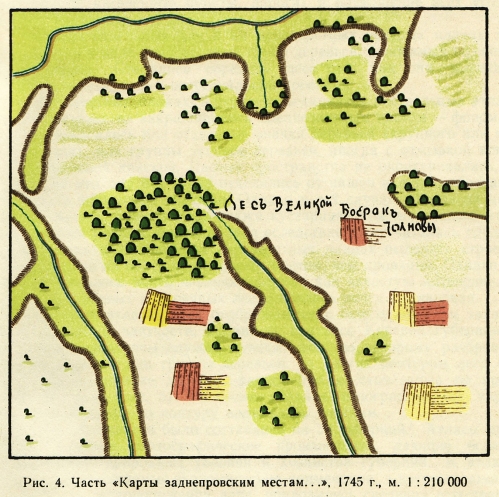It’s time to start thinking about your final projects! Here are the final project guidelines.
You may revisit any of the forms we worked with this semester (interactive photo story, comic, narrative atlas, audio stories collected as podcast, etc, etc) and expand on what you’ve learned, to make a new more complete project. You will have 4 weeks for this project, so you will be expected to put a significant amount of work into the final! For example, a comic would need to be 6 to 8 pages; you’d need a collection of 8 to 10 audio stories, an atlas would have to contain 10-plus original, carefully designed maps.
Your final project should be displayed online, and work well in that format (for example, if it’s a comic, it should be on a well-designed site made especially for it, high quality images, easy to read, with user-friendly navigation). Your project should address all the key aspects of narrative: setting, time, character, action/tension/motivation, tone, etc. You should consider who your audience is and how you’d like them to interact with or experience the project, and have plans for the look/feel of the project.
Due next week:
A mood board for this particular project (created in Photoshop, using lots of images to convey look/feel/concept/audience as best you can, visually. Think of the mood board as a way to EXPLORE the project, and expand your ideas using visual imagery. It’s OK to add example fonts as a way of trying out typefaces, but don’t use text in the mood board to explain anything. Try to stick to visuals.
A one-page write-up of your project, including the following:
- what medium you plan to use
- the subject matter/content of the project
- how this content is suited to this form (for example, why a comic about getting lost, vs. an audio story, or collective story site– what does this media in particular allow you to do in terms of narrative?)
- ideal audience
- which aspects of narrative you’d particularly like to focus on (your narrative should contain all, but your story might be more character driven, or focused on setting or tension or time or mood). This is a good way to help you structure your project.
A list of steps for this project, from start to completion. A project schedule/task list (ie. you may need to start with a storyboard, or by writing lists of questions for interviewees… and eventually design a web page for the project, post your content, etc). This should help you understand the full scope of the project, and avoid running out of time. Give yourself due dates for different parts of the project. Final Projects are due on the last day of class, December 7th!

